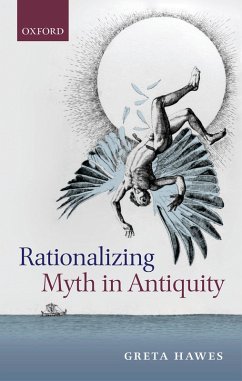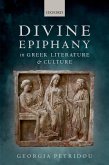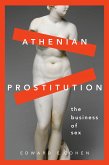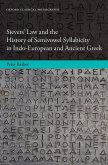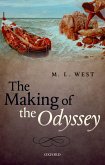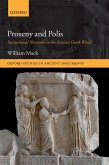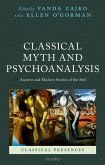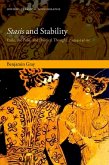The Greek myths are characteristically fabulous; they are full of monsters, metamorphoses, and the supernatural. However, they could be told in other ways as well. This volume charts ancient dissatisfaction with the excesses of myth, and the various attempts to cut these stories down to size by explaining them as misunderstood accounts of actual events. In the hands of ancient rationalizers, the hybrid forms of the Centaurs become early horse-riders, seen from a distance; the Minotaur the result of an illicit liaison, not an inter-species love affair; and Cerberus, nothing more than a notorious snake with a lethal bite. Such approaches form an indigenous mode of ancient myth criticism, and show Greeks grappling with the value and utility of their own narrative traditions. Rationalizing interpretations offer an insight into the practical difficulties inherent in distinguishing myth from history in ancient Greece, and indeed the fragmented nature of myth itself as a conceptual entity. By focusing on six Greek authors (Palaephatus, Heraclitus, Excerpta Vaticana, Conon, Plutarch, and Pausanias) and tracing the development of rationalistic interpretation from the fourth century BC to the Second Sophistic (first to second centuries AD) and beyond, Rationalizing Myth in Antiquity shows that, far from being marginalized as it has been in the past, rationalization should be understood as a fundamental component of the pluralistic and shifting network of Greek myth as it was experienced in antiquity.
Dieser Download kann aus rechtlichen Gründen nur mit Rechnungsadresse in A, B, BG, CY, CZ, D, DK, EW, E, FIN, F, GR, HR, H, IRL, I, LT, L, LR, M, NL, PL, P, R, S, SLO, SK ausgeliefert werden.

